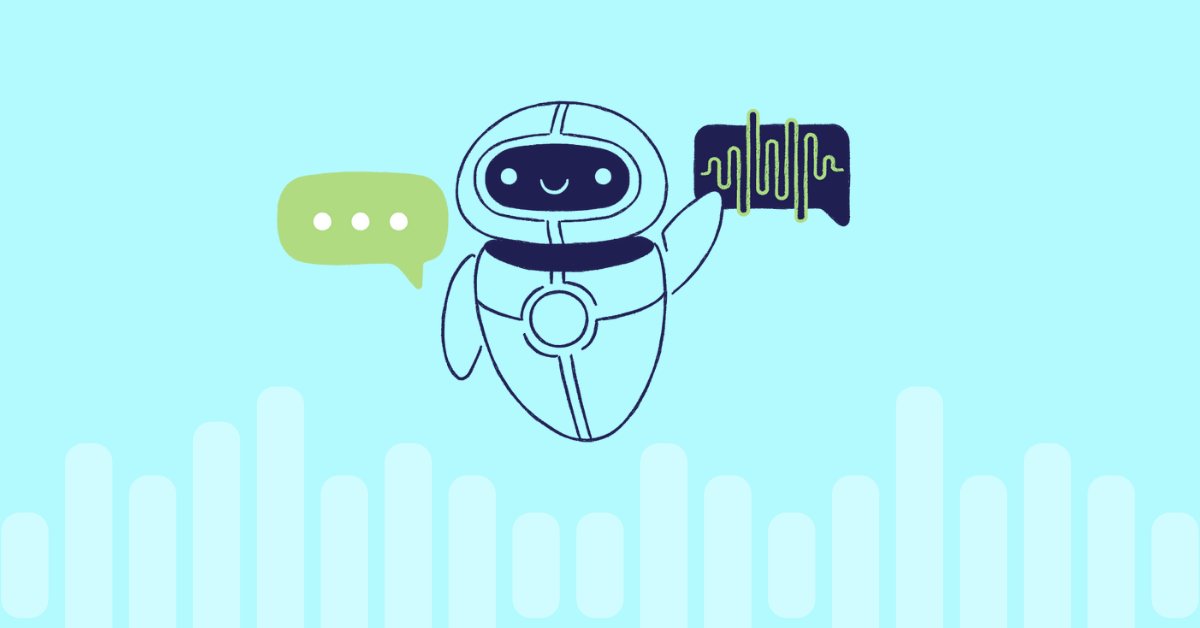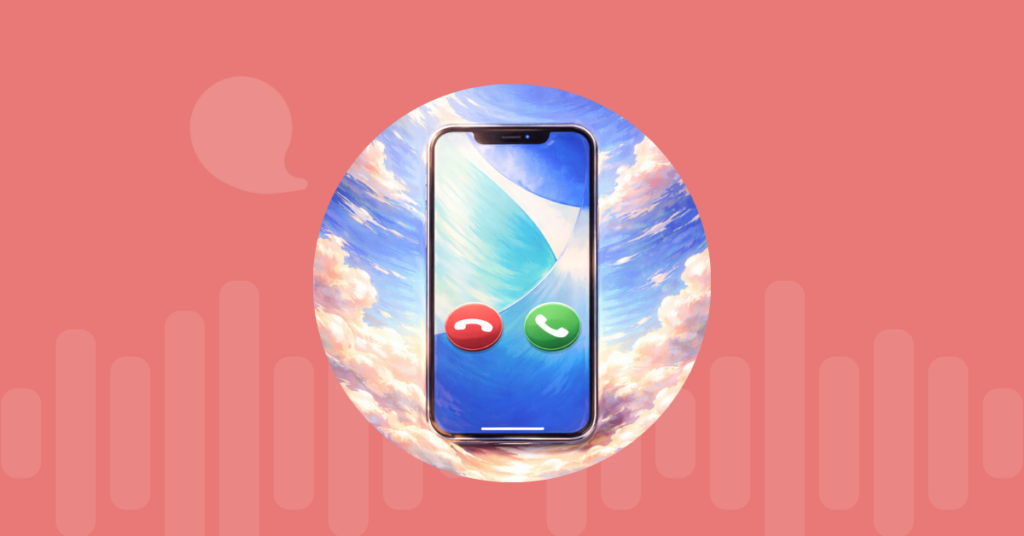
Table of contents
Automation is one of the driving forces behind technology innovation in a lot of industries. From crude agricultural implements to the latest advances in assembly-line manufacturing, the goal is to make processes more efficient and reduce the number of humans required to complete tasks. The premise holds true for phone systems as well.
Consider the history of voice communication as an example. The earliest PBX systems had human operators to manually route calls. Automated machines replaced human beings as they can do these mundane tasks much quicker and without having to take a break. VoIP technology changed the paradigm once again with automated calls. While robocalling has become a nuisance for the average consumer, it’s a useful feature for legitimate businesses trying to reach their target audience.
What’s Next?
While spammers and businesses use automated calling software on a daily basis, most individuals don’t have a need for it. But that doesn’t mean companies will stop working on technologies like artificial intelligence (AI) that can automate calls even further. This past year, for instance, Google has demonstrated AI technology that can make calls on your behalf! And Google is not the only company working on such tools.
Google Assistant
Smart assistants like the Google Assistant, Amazon Echo, and Apple’s Siri have been around for a while. While they weren’t actually that smart at launch, they could complete small tasks with voice commands. A person could set an alarm or timer on their phone with their voice instead of having to unlock the phone screen and type in the command. Today, these assistants can do so much more.
When Google unveiled the automated calling feature named Duplex during their annual developer conference in May, most of the audience watched in shock. Many journalists refused to believe that the phone calls were made by an AI and not by a person as it was so realistic. While it’s not an industry secret that tech companies are working on advancing artificial intelligence, such a practical demonstration was a surprise.
Duplex Is Indistinguishable from a Human – Almost
The most surprising aspect of Duplex is how natural the AI sounds when making the phone calls. The tech demo showed a couple of calls where the AI makes hotel reservations with a hostess who isn’t aware that they’re speaking to a robot. At present, it can only handle specific types of calls including making a reservation at a restaurant or hair salon and inquiring about holiday hours for any business.
During the demonstration, Google showed that the AI is able to handle deviations from the expected script almost like a human being. For instance, suppose the restaurant hostess replies that they don’t have a reservation for a particular time. The AI can ask for an alternative time or date and continue the conversation from there. The only thing that the user has to do is ask the assistant to make an appointment for a particular time at a specific business.
What Is the Purpose of Duplex?
While technically impressive, many people have questioned the necessity of smart assistants to make calls on behalf of users. Others have reservations about the ethical and moral questions posed by AI that can masquerade as a human being. One thing to keep in mind is that Google has repeatedly stressed that it is only an experiment and not a finished product.
While automated calling can seem pretty useless at present, there is vast potential to be unlocked. Imagine a future where users don’t have to remember to make appointments or add events to their calendar. All you have to do is ask the Google Assistant to book the appointment. It will make the call, add the event to your calendar and remind you when it’s time to leave. It can even pop up directions to the location before you ask for it!
Realistically speaking, Duplex is only one part of the equation when it comes to making smart assistants more ‘smart.’ Many more pieces should come together before AI can truly function as a personal assistant similar to a human.
Will Duplex Succeed?
On the one hand, Duplex has the potential to streamline the booking process and reduce the need for humans to do mundane tasks. However, there is the fact that fewer people make such phone calls in the first place. More businesses are opting for online reservation methods which don’t require a human being to handle such calls.
It’s hard to say at this point if automated calls by AI will become popular. People are more likely to hang up on an AI caller much like robocalls today. Others might feel betrayed that they’ve been talking to an AI instead of a human the whole time. At this point, it’s safe to say that tech companies are intent on improving their software. Whether the market will accept and embrace the technology is a whole other issue.
Read this post in: Español
More from the blog
Want to improve your business communication?
Unlock enterprise-class call center power at affordable prices – no hardware, no delays, no surprises!






